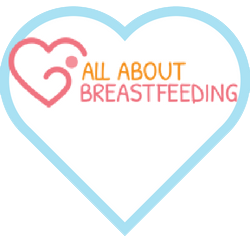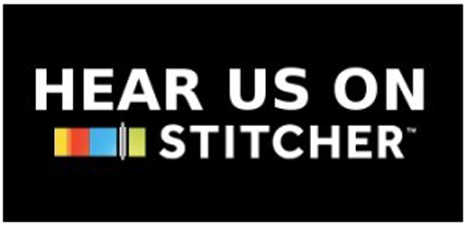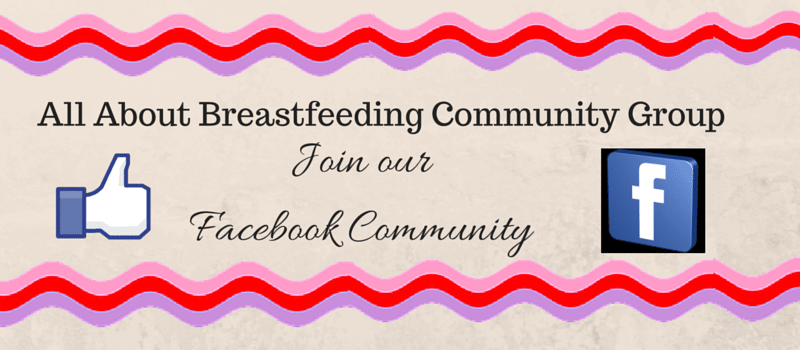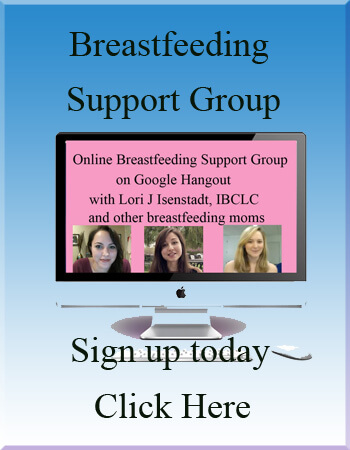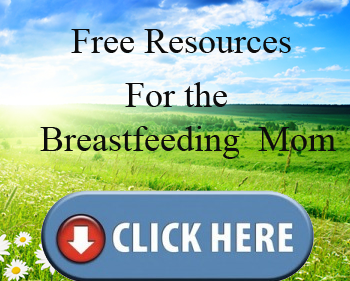I wanted to talk to you about those lovely letters after my name, International Board Certified Lactation Consultant. Lactation support is often needed to help mothers initiate and continue breastfeeding. There are many kinds of help available for breastfeeding mothers including peer counselors, certified breastfeeding educators and counselors and lactation professionals such as the International Board Certified Lactation Consultant.
It is my goal today to be able to have you leave this podcast with an understanding of the differences between the helpers are, so that if you find yourself needing help with breastfeeding that you are calling for the right person for the right job. Lactation support is truly a profession of passion. All of us are incredibly passionate about the work we do. We all have the health of moms and babies as our primary reason for doing this work.
There was a discussion on one of my professional group forums about the need to educate the public about What an IBCLC is. It would be wonderful if every pregnant mom was introduced to an IBCLC. Whether it be during their childbirth or breastfeeding classes or their prenatal visits with their physicians and midwives. This does not always happen and when parents are faced with some breastfeeding challenges after the birth, it is not every parent that fully understands the differences in the skill level of the person you seek help from.
Many of my IBCLC peers are busy, everyday, helping moms with breastfeeding,, through education, advocacy and hands on help. Perhaps we should, but we don’t always take the time to explain our credentials. It can be awkward— we feel like we are tooting our own horn. It can be time consuming—-and we want to get to helping you. Frankly, it can be kind of boring explaining all this to the public. However, it does need to be done from time to time and when I was reading the posts on this Forum, I realized that now is a good time and what better place than this podcast to review the various classifications of breastfeeding helpers.
To ensure accuracy, I am taking this information straight from a handout developed by the USLCA, which is the United States Lactation Consultant Association, which is the professional association for IBCLCs. I will be sharing the link to this organization as well as to the handout in the notes for today’s show, which you can find at – allaboutbreastfeeding.biz/podcast. The USLCA is an organization that I am proud to be a member of and one that I have been invited to be a speaker at this year’s conference in May, 2017. The vision of the USLCA is that we are a nation where all families have access to IBCLC care as a foundation of optimal health and wellness.
In healthcare, we have varying degrees of expertise, similar to most other professions. For example, we love our teachers and they want the best for our kids. When we have a child who is struggling in various aspects of learning, their teacher will typically suggest some further testing and when appropriate have them meet with a specialist who has trained to help them with specific learning challenges. Could this same child stay in one classroom with one teacher? Of course, however, how much better would it be for the child to have specialized help that is directly meeting his or her challenges. How much greater would the benefits be?
In the field of dentistry, there are specialists called endodontists who are dentists who take care of root canals. There is a periodontist who is a dentist who specializes in periodontal disease. All these professionals, with their own expertise, are respectful of one another and happy to refer to a specialist when needed. In each of our own chosen careers, we are always thinking about what we can do that is in the best interest of the people we are working with.
In the field of lactation, we have lactation supporters who have varying degrees of education, training, and hands on clinical help. In a nutshell, the IBCLC has expertise runs from the simplest of breastfeeding challenges all the way through the most complex of breastfeeding situations. Once an IBCLC becomes certified, they are required to have ongoing education, they are required to renew their certification via on going education and regular testing. They continue to learn and grow and gain knowledge and it stands to reason that the longer they are in the profession, the more experienced they are as they continue to work with mothers from the simple to the most complex of problems. If an IBCLC does not pass their exam, they absolutely cannot practice as an IBCLC.
Okay, so here is a good overview for you and remember that the information can also be had from downloading the link available to you in the show notes.
At the professional level we have the IBCLC, who needs to fulfill specific prerequisites of college level health science coursework. They receive 90 hours of lactation specific education, 8 college level health science courses, 6 health related courses, 300-1000 clinical practice hours, successful completion of an International Exam given twice a year. IBCLCs provide professional evidence based, clinical lactation management, education to families, health professionals and others about human lactation. IBCLCs specialize in the clinical management of all breastfeeding challenges.
At the certified level – there are no prerequisites, they are required to have 20-120 hours of classroom training and may include a written exam given by the training organization. You will frequently hear this level of competency referred to as Certified Lactation Counselor or Certified Breastfeeding Educator or Breastfeeding Specialist, or Lactation Counselor or Lactation Specialist or Breastfeeding Counselor. Their training allows them to provide education and guidance for families on basic breastfeeding issues. There is no ongoing learning required and no regular testing.
Peer level – The pre-requisite is that you should have personal breastfeeding experience. You may have between 18-50 hours of classroom training. Their training allows them to provide breastfeeding information, encouragement, and support to those in their community. There is no testing required of them.
As a consumer, who was dealing with a big challenge, it would be normal for you to take a look at the level of training that someone has and In this case, decide if you want to work with someone who has 300 – 1000 hours of training vs. someone who has perhaps 120 hours. You will make the decision based on what kind of care you feel you need.
For instance:
If you are a mom suffering with cracked and/or bleeding nipples, chronic and/or severe breast engorgement, chronic clogged ducts, breast abscess, constant position and latch issues which have not easily been resolved, previous breast surgery. If your baby has lost too much weight, is not gaining well, was born premature, has specific health issues, these are all examples of why you will want to seek the help of an IBCLC. If you are a mom that has medical issues, take prescription medications that may affect breastfeeding and possibly your supply, if you have suffered a birth trauma now or previous, have anxiety issues, you will want to seek the help of an IBCLC.
Once I have helped a mom with clinical issues and her problems are solved or close to being resolved, I will usually refer her to or suggest that she seek out additional peer support from attending a mothers group, preferably one that is being facilitated by a Certified Lactation Professional, such as La Leche League or ones given at the hospital or birth center she gave birth at. I believe that even once breastfeeding is going fairly well or really well for a mom, she will still greatly benefit from having help with emotional and ongoing educational support as babies do not stay the same and it is common for moms to go through many different stages with their babies. Moms need support and understanding and pearls of wisdom given by other moms for tips and tricks on dealing with common concerns such as: sleep deprivation in the early days, how to be comfortable breastfeeding public, responding to families if they are not supportive of the breastfeeding mothers desire to breastfeed or feed her baby in public. Moms can receive tons of information and support on preparing to go back to work. Pumps and pumping tips – how to coordinate it all. There are many reasons why I think all breastfeeding moms should participate in a breastfeeding support group and stay connected with breastfeeding counselors.
Basically, the IBCLCs are a valuable asset to the healthcare team as they help moms with the basic and complicated. We have an opportunity to help make the difference between a mom continuing to breastfeed and reach her goals or possibly her giving up because she did not get any help or the right help. As an IBCLC, I pride myself on all the years of experience I have, the knowledge I have gained and the connections I have within the field to help me figure things out if I need additional help. I am forever grateful for my mentors who showed me early on the importance of combining excellent clinical skills with excellent communication skills. I continue going to conferences and participate in many additional educational workshops, not just because I have to for my credentials. I do it because there is always so much more to learn. Being a speaker at lactation conferences, pushes me to learn more as I research for my presentations.
We all have our place in helping mothers with breastfeeding. The way I see it, IBCLCs have very important roles in the breastfeeding mothers life and certified and peer counselors also play a very important role, which in fact, last a much longer time than I will be seeing a mom. They get to really build a relationship with a mom and see her through many ups and downs in her breastfeeding journey, while I have the opportunity to have a great impact for a very short period of time and certified and peer counselors have the pleasure of building a relationship with moms and see her through many ups and downs of her breastfeeding journey.
If you want to hear more specific information and find out why I decided to become an IBCLC, feel free to download Episode # 107
I have many requests from people wanting to know how and why I decided to become an IBCLC and what pathway I took to becoming one. I know many of you are interested in this topic so, you might be interested in a few other interviews I have with IBCLCs. In the All About Mothering membership site, I also have several interview for you with other IBCLCs and their stories of becoming an IBCLC.
I will be speaking at the GOLD Online Conference 2017 in April 2017. Last year I interviewed Fiona Lane Sharpe, IBCLC. After having her first born son she was accredited through La Leche League of Canada as a Leader and went onto obtain her certification as an IBCLC. You can catch her interview on Episode #4
Nancy Mohrbacher, is an IBCLC who is well known in the field of lactation and author of many books on breastfeeding. You can listen to her interview on Episode #34 where she takes us on her personal journey of her pathway to becoming an IBCLC.
I hope that you found the learning about lactation support interesting. Having this information all in one show makes it easy for you to take in all the information as well as making it easy for you to share with friends. You can continue to support this show and make it easier for moms to find it by going to itunes and subscribing to the show and leaving a short review. The more reviews there are, the easier it is for people to search for it.
Don’t forget to check out the handout titled: Who’s Who? A glance at breastfeeding support in the United States which you can find in the shownotes at allaboutbreastfeeding.biz/podcast Look for Episode # 149
https://uslca.org/wp-content/uploads/2016/06/2-page-Whos-Who-watermark.pdf
Lori J. Isenstadt, IBCLC
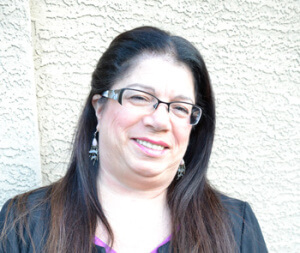 Lori Jill Isenstadt, IBCLC is a huge breastfeeding supporter. She has spent much of her adult life working in the maternal health field. Once she became turned on to birth and became a childbirth educator, there was no stopping her love of working with families during their childbearing years. Lori became a Birth doula and a Postpartum doula and soon became a lactation consultant. She has been helping moms and babies with breastfeeding for over 25 years. Lori founded her private practice, All About Breastfeeding where she meets with moms one on one to help solve their breastfeeding challenges. She is an international speaker, book author and the host of the popular itunes podcast, All About Breastfeeding, the place where the girls hang out. You can reach Lori by email at: aabreastfeeding@hotmail.com or contact her via her website: allaboutbreastfeeding.biz/contact
Lori Jill Isenstadt, IBCLC is a huge breastfeeding supporter. She has spent much of her adult life working in the maternal health field. Once she became turned on to birth and became a childbirth educator, there was no stopping her love of working with families during their childbearing years. Lori became a Birth doula and a Postpartum doula and soon became a lactation consultant. She has been helping moms and babies with breastfeeding for over 25 years. Lori founded her private practice, All About Breastfeeding where she meets with moms one on one to help solve their breastfeeding challenges. She is an international speaker, book author and the host of the popular itunes podcast, All About Breastfeeding, the place where the girls hang out. You can reach Lori by email at: aabreastfeeding@hotmail.com or contact her via her website: allaboutbreastfeeding.biz/contact

Listen Here
Submit a comment
your email address will not be published
